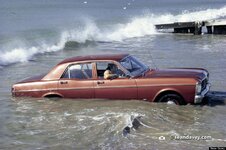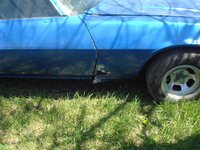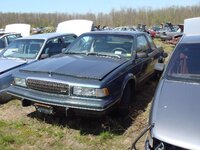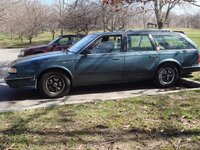- Messages
- 1,745
- Reactions
- 6,128
Even on this forum, some of the Gen-Xers and millennials that see everything in life as disposable were so critical of the government not taking the snow and ice off the roads for them, it finally gave the state their excuse to start salting the roads. We kept it out of Oregon for decades. Their foot is in the door now, and I fear the use of salt will become rampant.
I remember a time that any car ten years old, that's been out of this area, had holes in the floor, holes in the trunk, rotted break lines, rotten suspension, and it squeaked like old bed springs.
The folks clamoring for salted roads defended the salt, saying wash your car, and it wont be an issue. Horse feathers! The salt will remain on the roads, and with each rain, salt water will be injected to absolutely every nook and cranny on your car. You might not see it overnight, or in a year, but the cancer will start.
I am disgusted that Oregon is now taking this salt shortcut, instead of folks taking care of themselves, with the right vehicles, the right chains, the right tires, and the right mindset for learning to drive in the snow.
WAYNO.
I just want Portland to discover this amazing invention called the snow plow and use it. Salt or no salt I don't care.
I'm Gen X. Don't you dare call me a Millennial, dag nabbit!

















